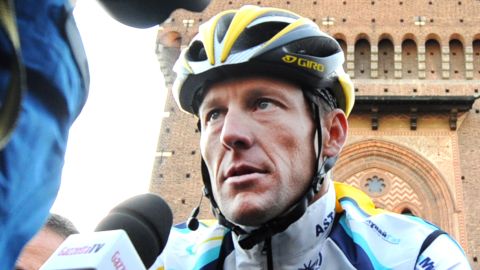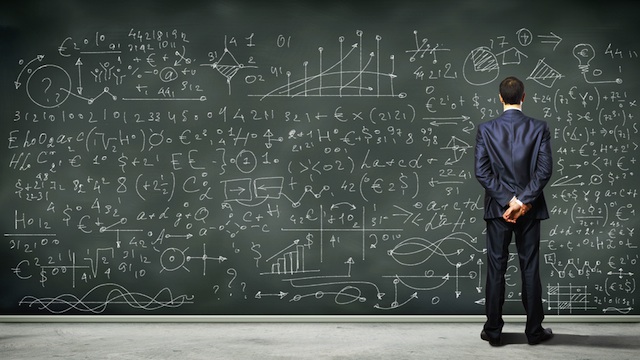Feeling the Fall of Lance Armstrong

The masses are taking shots at reviled cyclist LanceArmstrong. If you want to jump on the bandwagon, that’s your business. Although if you do, you’re falling into the same trap that he did. You’re misunderstanding or trying to fight through your own feelings about something (in this case, Armstrong‘s actions) — which is never helpful.
By contrast, here’s how the Armstrong saga looks to me: Armstrong claimed that, at the time, he didn’t feel bad about using performance-enhancing drugs or running roughshod over others to win seven straight Tour de France titles. That’s impossible. Feelings don’t work that way. Errant behavior (including judging others) is always the result of a person doing something in spite of feelings that are telling him or her: “You know better!”
In other words, Armstrong simply didn’t (or doesn’t) grasp the purpose of feelings. He believed that the off feeling in his gut was a sign to wage war. So he did just that — and you know the rest.
What human beings feel is the up and down nature of our thinking. What we don’t feel is the up and down nature of our circumstances. When Armstrong felt insecure — and we all do at times — he wasn’t feeling his cycling career or those around him. He was feeling his temporarily insecure thinking. When he looked outside to explain and fix these feelings through drugs, coercion, or any means, he was bound to find trouble. He was looking in the wrong place.
Don’t misunderstand; I’m not condoning Armstrong‘s behavior. I’m explaining it. He’s not evil; he’s not a terrible guy. In fact, he’s no different than you or me. Our feelings are an inborn barometer of whether or not our thinking is productive in the moment. When you work against this inborn barometer, confusion sets in. Act from confusion — you’re toast. Think about it: Are the mistakes you’ve made in your own life about the situations you encountered, or your feelings and mindset when you encountered the situations? I know the answer.
That’s why if Armstrong wants to learn from what he did, examining what he did won’t help. Rather, he should examine the feeling state from which he acted. The same goes for you and me. All of our sensory experiences come directly from our thinking. And the nature of our thinking is always bound to improve. Unless, that is, we make circumstantial excuses for it.
Consider this different take on Armstrong: Based on what he understood to be the source of his feelings, he was actually doing what made sense to him at the time. Armstrong believed he was feeling the world around him. This, alas, is the biggest error a human being can make.
And, again, if you’re one of those who’s taking shots at him these days. You’re looking outward to justify your feelings, so you’ve become a victim of circumstance, too. Look inside — your answers, and Armstrong‘s, always rest there.
© 2013 Garret Kramer, author of Stillpower: Excellence with Ease in Sports and Life





